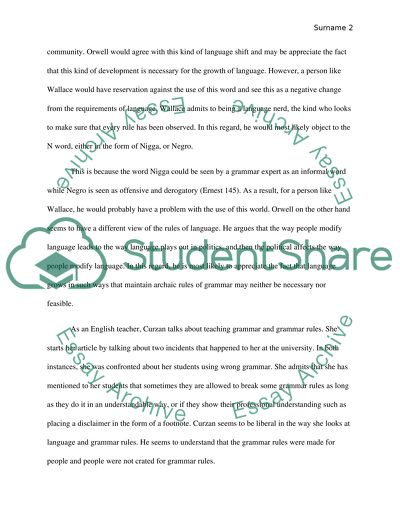Cite this document
(“The ebonics Dialect Paper Research Example | Topics and Well Written Essays - 1500 words”, n.d.)
Retrieved from https://studentshare.org/english/1677678-the-ebonics-dialect-paper
Retrieved from https://studentshare.org/english/1677678-the-ebonics-dialect-paper
(The Ebonics Dialect Paper Research Example | Topics and Well Written Essays - 1500 Words)
https://studentshare.org/english/1677678-the-ebonics-dialect-paper.
https://studentshare.org/english/1677678-the-ebonics-dialect-paper.
“The Ebonics Dialect Paper Research Example | Topics and Well Written Essays - 1500 Words”, n.d. https://studentshare.org/english/1677678-the-ebonics-dialect-paper.


